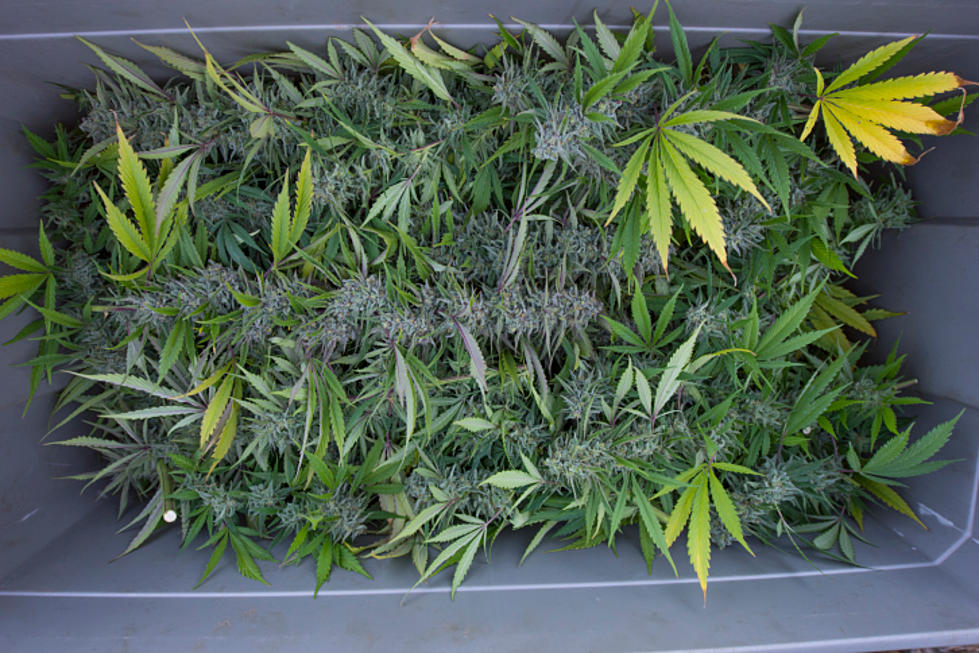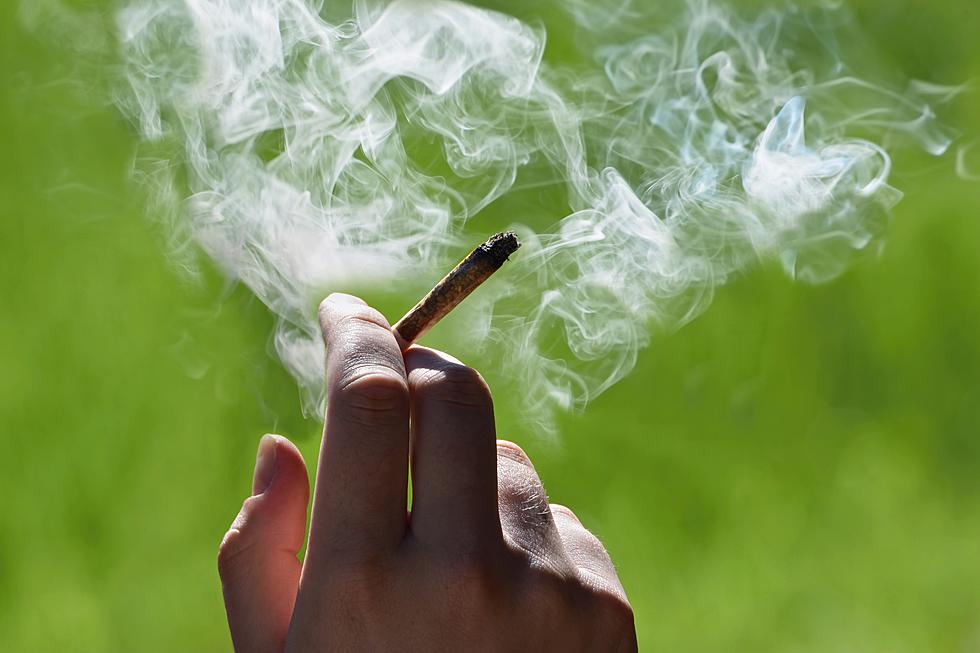
Plan to decriminalize marijuana, impose $50 fines moving forward

Twenty weeks before New Jersey voters will decide whether to legalize marijuana, an Assembly committee Monday voted to decriminalize it.
Penalties for possessing or distributing less than 2 ounces of marijuana would become a $50 civil fine, rather than criminal penalties of up to 18 months in prison and a $10,000 fine – or more, if it’s over an ounce.
Assemblyman Benjie Wimberly, D-Passaic, said the disparity in enforcement of marijuana laws negatively affects black men, in particular, hurting their chances for employment, college, housing and loans. The proposed law could change that.
“I think this gives them a good chance to be productive citizens, and it’s also a move in the right direction to give people a clean slate,” Wimberly said.
DeVaughn Ward, senior legislative council for the Marijuana Policy Project, said on average, police in New Jersey arrest someone on marijuana charges once every 22 minutes.
“This means that unless the Legislature enacts decriminalization between now and Election Day, thousands of New Jerseyans will have their lives turned upside-down by cannabis possession arrests,” Ward said.
“Research has shown that the current criminal justice approach to regulating marijuana has not significantly curbed usage of the drug while it certainly increases the number of incarcerations,” said Jennifer Thompson, executive director of the New Jersey chapter of the National Association of Social Workers.
Two Assembly bills – A1897 and A4269 – were merged into a new bill (click here to see it) that was advanced by the Assembly Community Development and Affairs Committee. Democrats voted for the bill, while the Republicans voted to abstain after receiving the 18-page bill around 45 minutes before the meeting.
Under the committee substitute, money from the marijuana fines would go to the municipality where the violation occurred. Rev. Charles Boyer of Salvation and Social Justice said it would be best if it went to the state.
“Because what that does is give municipalities an incentive to even enforce the fines, which can be very, very problematic,” said Boyer, who said police in North Brunswick engage in ‘border hunting’ to enforce marijuana laws along the township’s border with New Brunswick.
Retired police officer Nick Loizzi said some of the money should go to fund Municipal Alliance Programs that work to prevent substance abuse, such as his group in Sussex County. They rely on dwindling fines for DWI.
“It’s kind of a weird thing. We’ve done such a great job of preventing drunk driving that we’re putting ourselves out of business,” Loizzi said.
The bill would also create a new ‘virtual’ expungement that says old offenses for possessing 2 ounces or less would be deemed not to have occurred. Alyson Jones, legislative liaison for the state judiciary, that said unlike under past reforms, this one requires an appropriation to pay for it.
“Given our current economic situation, it’s unlikely that we will be able take on these added responsibilities without a new funding source,” Jones said.
Jones also said any future changes have to done in a way the courts can put in place. The judiciary doesn’t know how much marijuana, by weight, people may have possessed when they were arrested, beyond whether it was less than 1 ounce or less than 5 pounds.
Jones said the courts are in the middle of implementing the expungement changes enacted into law late last year, including the immediate deletion of marijuana-specific offenses that went into effect Monday.

More From WOBM News:
Things We Miss At The Shore
More From Beach Radio










